Singularity of stationary measures
Standard fixed point theorems imply that any Markov chain on a compact state space with weak* continuous transition probabilities has a stationary (invariant) distribution. What can one say about the stationary measures of "compound" chains obtained by taking a convex combination or the product of two Markov operators? If these operators have a common stationary measure, then obviously it is also stationary for the compound operator, but what if the original stationary measures are just equivalent? Would the compound chain admit an equivalent stationary measure as well?
I will answer the latter question in the negative. The corresponding examples use the boundary processes associated with random walks on the modular group PSL(2,Z), and amount to exhibiting two step distributions with the property that their harmonic measures belong to the same measure class, whereas the harmonic measures of their convex combinations or convolution happen to be singular. The involved boundary measures are closely related to the classical constructions of Minkowski and Denjoy.
The talk is based on joint work with Behrang Forghani.
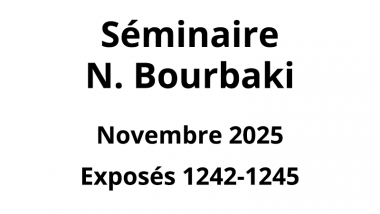
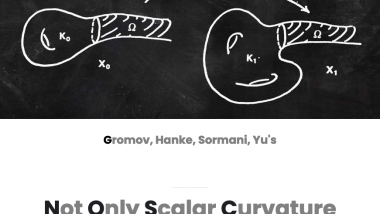
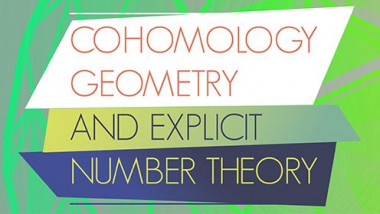









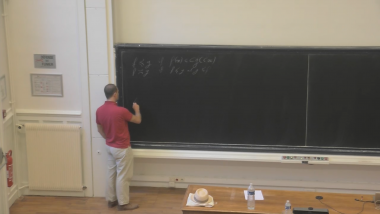
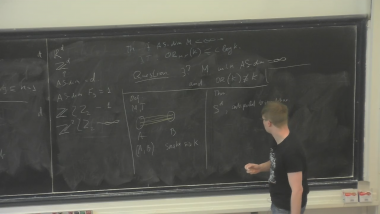
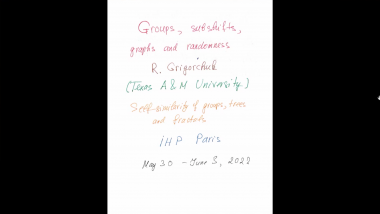
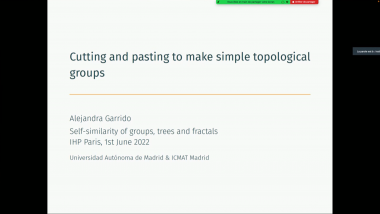
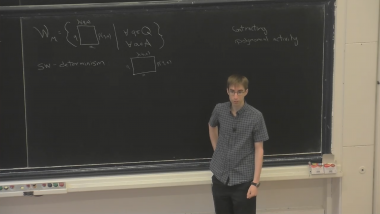
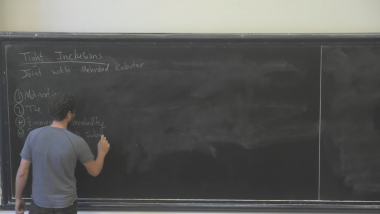
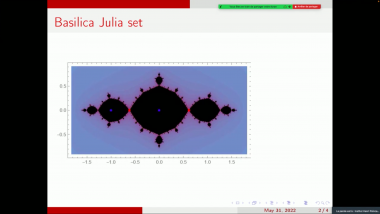
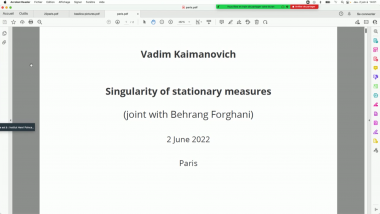
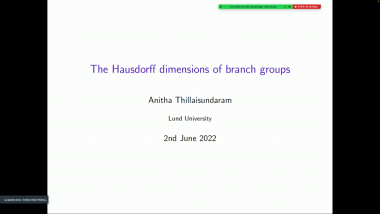
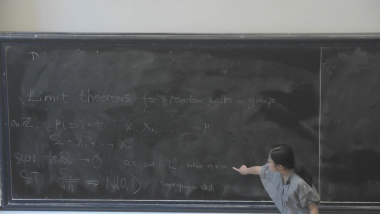
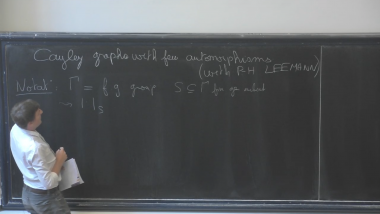
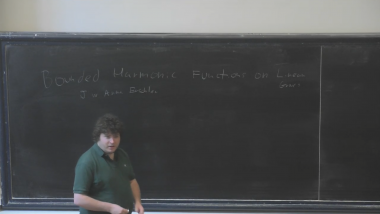
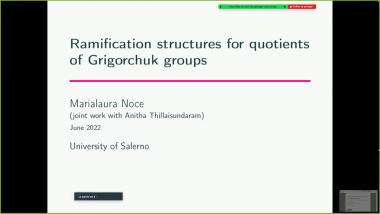
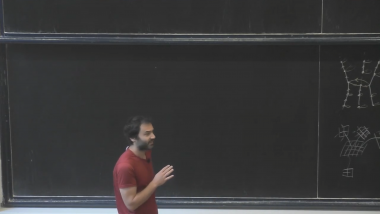
![[1245] Model theory, differential algebra and functional transcendence](/media/cache/video_light/uploads/video/SeminaireBourbaki.jpg)
